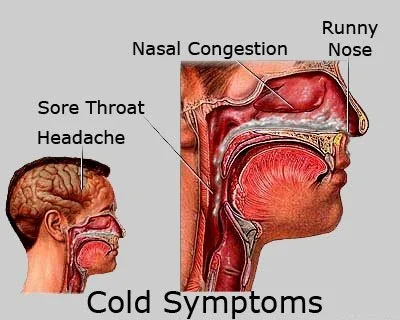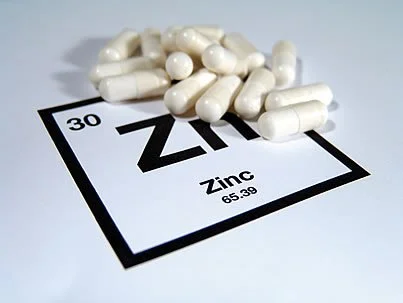Treating Cold Symptoms With Zinc
Children are returning to school, and (eventually) the weather will get cooler, heralding "cold season." Perhaps treating cold symptoms with zinc can reduce how much it affects your family. Most respiratory symptoms such as sore throat, cough and nasal congestion in adults and older children are caused by viruses, principally rhinovirus. Since physicians have no effective treatment for these viruses, efforts are best directed at reducing symptoms. Antibiotics affect bacteria, not cold viruses. Colds don't clear up any faster, and overuse of antibiotics can cause illness and adds to the serious and growing problem of antibiotic-resistant bacteria. So symptomatic measures are what's needed.
Should doctors recommend treating cold symptoms with zinc?
Among the often heard recommendations are zinc lozenges. Some medical studies since 1984 showed zinc improved cold symptoms. Recently a review of several studies was published implying zinc lozenges or syrup reduced the length of a cold by one day, especially when taken within 24 hours of the first cold symptoms. However criticism of the methods used to make this conclusion caused the review to be withdrawn. A 2015 medical study supported the use of zinc, and now a few weeks ago another study was published which supported the use of zinc acetate lozenges to shorten cold symptoms.
More research is needed to determine the effective dose and treatment schedule. Studies which showed effectiveness administered 80-90 mg of zinc acetate per day. In day-to-day life, treating cold symptoms with zinc may not be as straight forward. It may be difficult to find out what compound and how much zinc is in commercially available tablets. Cold-Eeze, for example, is zinc gluconate, not acetate. Airborne lozenges & gummies have no zinc, and the chewables and effervescent tablets contain zinc sulfate, which may cause allergic reactions if you are sensitive to sulfa.
What are the risks of treating cold symptoms with zinc?
As with most treatments, there are known drawbacks to treating cold symptoms with zinc. Zinc lozenges can cause nausea or a bad taste in the mouth. The FDA reports that zinc nasal sprays can cause short term or even permanent loss of smell. Consumer Reports has published a good summary of potential problems using zinc for cold symptoms.
What would a doctor recommend? This doctor thinks the jury is still out, but it doesn't hurt to explore options and speak with your own doctor. For many patients, use zinc lozenges for cold symptoms with caution, or not at all. And don't use Zicam or other zinc-containing nasal products.


